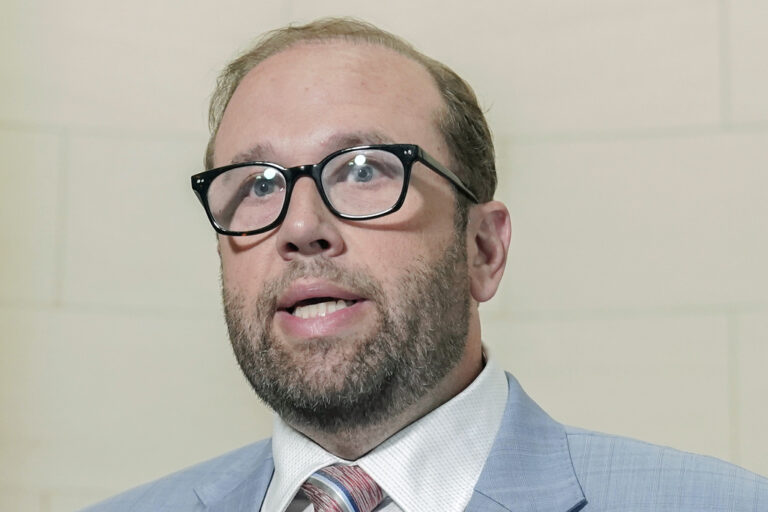
A top House Republican is backing efforts to restore the full deduction for gambling losses, joining a growing list of lawmakers and industry leaders calling for changes to President Donald Trump’s “One Big Beautiful Bill.”
Rep. Jason Smith (R-MO), chair of the influential House Ways and Means Committee, said at a recent field hearing in Las Vegas that the 90% cap on gambling loss deductions was a “bad decision” and vowed to push for a fix.
“I’m working to reverse the decision that limited the ability for individuals to deduct their losses,” Smith said at the hearing, hosted at Harrah’s Las Vegas. “It was a bad decision when it was made.”
Smith’s support is notable not just because of his position, but because his committee controls tax legislation in the House. No tax-related proposal can advance without Ways and Means, and his endorsement signals that gambling deduction reform could gain real traction in the Republican-led chamber.
Smith joins a growing list of high-ranking GOP officials who have publicly criticized the provision. Previously, opposition to the deduction cap came mostly from Democrats like Rep. Dina Titus (D-NV), who introduced the FAIR BET Act earlier this month. That bill aims to fully restore the 100% deduction gamblers had prior to July 4, when the Big Beautiful Bill was signed into law.
The Tax Math That’s Sparking Pushback
Trump’s 2025 budget bill was pitched as a debt-reduction measure, but for gamblers, the loss deduction cap has created costly and confusing consequences. Under the new law, gamblers may only deduct 90% of their losses, even if they didn’t actually turn a profit. This is especially harmful to professional bettors.
Titus explained the issue earlier this month: if a player wins $100,000 and loses $100,000, they’d still owe taxes on $10,000 in phantom gains. At a 24% tax rate, that’s $2,400 in taxes on $0 in real profit.
Professional poker player Phil Galfond laid it out in more extreme terms:
“You would make $200,000 during the year, and you would pay tax as if you made $700,000.”
The industry also sees broader risks. Critics argue the deduction cap could push players toward unregulated offshore sites that avoid taxes, skirt responsible gambling protocols, and offer no consumer protection.
“The black market doesn’t pay taxes, isn’t regulated, and doesn’t help with problem gaming,” Titus said earlier this month.
BetMGM CEO: “I Think It Will Be Fixed”
The casino industry is increasingly optimistic that Congress will walk back the carveout. Speaking during a Q2 business update, BetMGM CEO Adam Greenblatt said he believes bipartisan pressure is building.
“I think it will be fixed. I think there is enough bipartisan political capital,” Greenblatt said. “The reality is, the original bill was done in a rush and perhaps not with the most attention to the gaming industry.”
Greenblatt noted that legal gambling has expanded dramatically since the original 2017 tax code overhaul, but tax policy hasn’t kept up. In his view, the current system unfairly punishes regulated operators and high-volume players alike.
Political Momentum Builds
While the FAIR BET Act hasn’t advanced yet, Smith’s comments suggest the conversation is shifting within Republican leadership. As chair of the committee that holds the keys to any tax code revisions, his endorsement may be a necessary catalyst for actual legislative change.
The fix could come through a standalone bill like FAIR BET, or be folded into a larger appropriations or tax reform package. Either way, Smith’s public remarks put real political weight behind the idea that the gambling loss deduction cap wasn’t just unpopular. It was, in his words, “a bad decision.”
The provision will not go into effect until the 2026 tax year, so there is still time for a fix.





